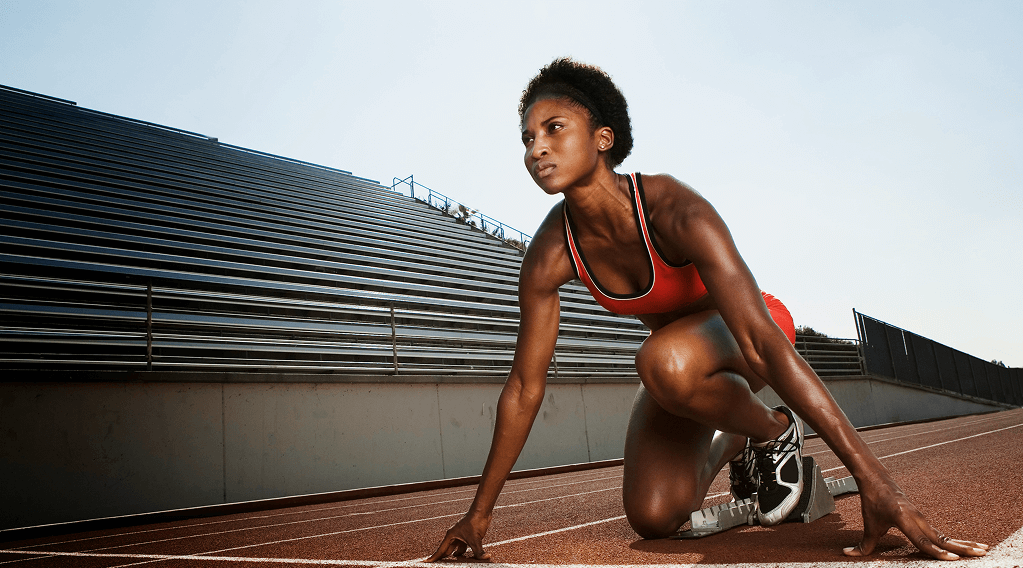Do I Have To Get Rid Of My Anxiety If I Want To Perform Well?
If you have ever felt nerves before your competition, I am sure you have tried a few things to get rid of your nerves. It is so normal if you want to get rid of your anxiety, especially before an important competition.

anxiety anxiety anxiety
Before you move on, I invite you to have a think about all the different ways you have tried to stop feeling nervous before your competitions.
Have you tried to distract yourself? How?
Have you tried to avoid certain competitions or opponents?
Have you tried to avoid certain competitions or opponents?
Have you tried different thinking strategies, such as positive self-talk, challenging your thoughts or even arguing with them?
Is there any other strategy that you have tried?
How have these strategies worked? Did you find some immediate relief from the nerves? Did they help you feel less anxious?
How have these strategies worked in the long term? Did they keep the thoughts and feelings away forever or did they eventually come back? If they came back, did they come back stronger?
Now, I would like you to consider the following. How much energy, effort and time has it cost you to do all these strategies to feel less nervous or more confident before competitions?
These are all very common strategies to use because most of the time they help us feel better in the short term. But these strategies do not get rid of the nerves in the long term, in fact, they might even make our anxiety stronger, more intense and persistent. If you find these strategies helpful and you want to keep using them, that is absolutely fine. If you feel apprehensive about trying something new, I get it. It is scary. However, if you do not want to continue fighting with your anxiety and you are open and ready to try something different, keep reading.
But first, let’s get some things straight about anxiety.
Why do we have emotions like anxiety?
Every emotion has 3 functions, regardless of them being comfortable or uncomfortable, pleasant or painful.
Motivation.
Anxiety can motivate us to prepare and plan ahead for future dangers and challenges, and if possible, prevent them from happening. It also motivates us to stay away from danger. It also gives us energy to escape from threats.
Illumination.
Anxiety illuminates what we care about, what is important to us, what matters to us.
Communication.
Anxiety helps us communicate with others. It lets others know that there is something you find threatening or dangerous so they will know you might need some support or help.
Now that we have established that anxiety is not all bad, let’s see if you are open to try the next exercise. The aim of the exercise is to show you a different way of dealing with anxiety that does not require fighting with it. It might not work for you but I am excited for you to try it.
Make room for your anxiety.
The next time you feel anxious, I invite you to find a quiet place, and close your eyes. See if you can scan your body to find where you are feeling the anxiety. Then zoom in on the body part where your anxiety is the strongest. Try to observe this feeling in your body as if you were a curios scientist who has never seen anything like this before.
Imagine that this feeling is an object. As an object, what shape does it have? Is it liquid or solid?
Is it moving or still? How big is it? Is it in the front, middle, back or on the sides of your body part? What colour is it?
If you could touch the surface of the object, what would it feel like? Wet or dry? Rough or smooth? Hot or cold? Soft or hard?
As you are observing this feeling, take a deep breath, and let it flow into and around your anxiety. As you are breathing into and around your anxiety, try to make some space for it in your body.
See if you can just allow this feeling to be there. Don’t try to make it smaller or disappear. Just let it be there. You don’t have to like it or want it. Just allow it to stay with you. Take it along the ride. Then open your eyes and let’s go!
This exercise is not about distraction, it is not about getting rid of our anxiety, or trying to convince ourselves that we do not feel anxious. It is about acknowledging our anxiety and making some space for it so that it can come along for the ride with us without causing troubles. After the exercise, your feelings of anxiety might change but it was never the intention. The aim is to show you a different way of dealing with anxiety that does not require fighting with it.
Reference
Harris, R. (2019). ACT made simple. New Harbinger Publications, Inc.